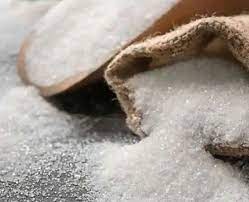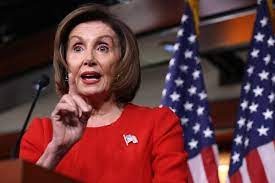Brazil proposes to give India access to its ethanol manufacturing technology in an effort to end the WTO dispute over sugar
As part of attempts to settle a dispute over sugar at the World Trade Organization (WTO), Brazil has offered to share its technology for producing ethanol with India, according to an official.
According to the South American country’s suggestion, India would be able to utilize its excess sugar supply to produce ethanol with the aid of ethanol manufacturing technologies.
With this offer, India may make better use of its surplus sugar production and lessen Brazil’s rivalry in the global sugar market.
Brazil is the world’s biggest producer of ethanol and sugarcane. It is a pioneer in the field of ethanol producing technology. It is also the world’s biggest exporter of sugar. India is the second-largest producer in the world.
The plan intends to lessen reliance on imported crude oil and progressively raise the proportion of ethanol blended with petroleum-based vehicle fuels, which might be advantageous to India.
“There is flex technology in Brazil. They combine ethanol. Technology like that benefits India as well. Brazil has maintained that India can address its fuel problem by using its excess sugar for the development of ethanol, and that this would prevent the surplus sugar from entering international markets and driving up worldwide prices, according to the official.
They have made a suggestion. There are discussions going on,” the person said.
Vehicles are powered by blending ethanol with oil. Utilizing ethanol, which is derived from sugarcane, broken rice, and other agricultural products, may assist the third-largest oil user and importer in the world in reducing its dependency on imports from outside. It reduces carbon emissions as well.
Eighty-five percent of India’s oil demands are met by imports. By 2025, a 20% ethanol mix with gasoline is the desired outcome.
India was forced into the WTO’s dispute resolution process in 2019 by Brazil, Australia, and Guatemala, who claimed that New Delhi’s assistance programs for sugarcane growers, such as the Fair and Remunerative Price (FRP), violated international trade regulations.
On December 14, 2021, a WTO dispute resolution panel declared that India’s policies supporting the sugar industry were against international trade agreements.
India filed an appeal with the WTO’s appellate board, the last arbiter in such disputes, in January 2022, contesting the panel’s decision. The appellate body, however, is unable to operate as a result of national variations in the nominations of its members.
The appellate body is currently dealing with a number of ongoing cases. The US has been impeding the members’ appointments.
India and Brazil’s bilateral trade grew to $16.6 billion in 2022–2023 from $12.2 billion in 2021–2022. The trade deficit benefits India.
Brazil reportedly attained 25% blending levels and is a leader in gasoline combined with ethanol.
With the ability to operate on ethanol or gasoline, flex-fuel cars have already taken over a significant portion of the Brazilian market, accounting for over 80% of new light vehicle sales by 2022.







